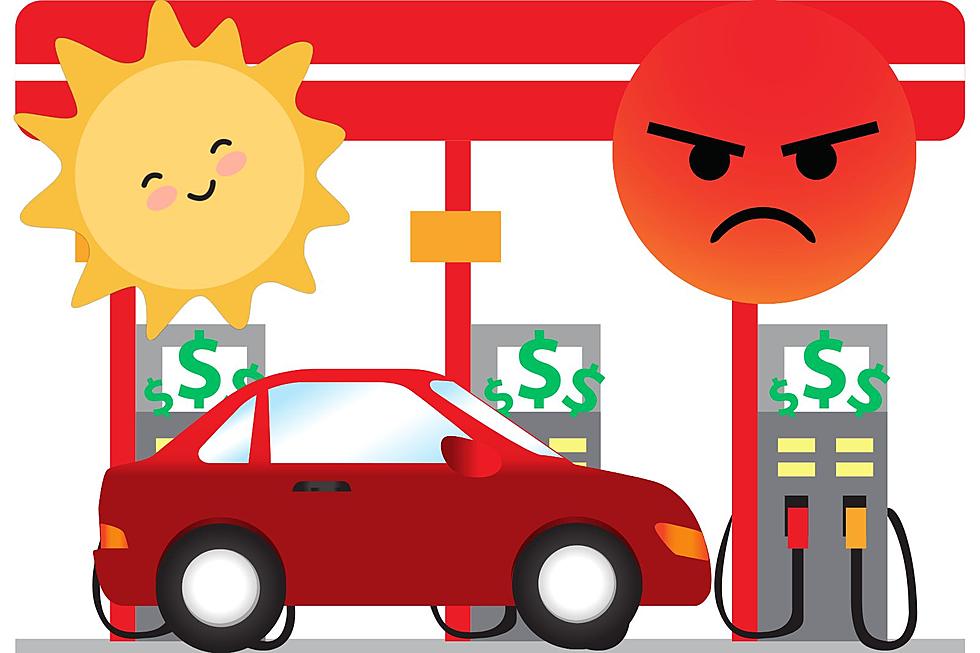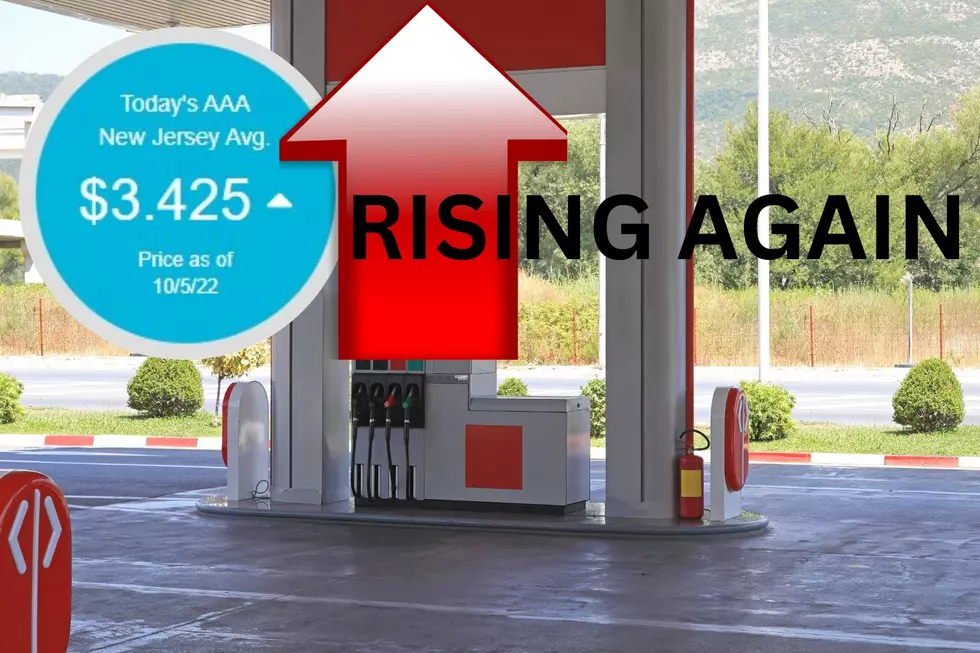
Can stocks be protected from falling oil prices?
Q. I love cheap gas, but I keep hearing lower oil prices have been hurting stocks. How can I protect myself?
— Wondering
A. We know the stock market has been a volatile place lately, but don’t despair.
Deah Shah, a certified financial planner with Stonegate Wealth Management in Oakland, said historically, there has been a negative or no correlation between oil prices and the stock market. But at present, people are associating lower oil prices with possible slowing in growth, for example in China.
“The belief for many is that the drop in oil prices is due to lower demand, though it’s likely more related to increases in supply,” Shah said. “One of the great success stories has been the enormous growth in oil production in the U.S. due to fracking and that is without question part of the reason why oil prices have dropped.”
Shah said the apparent causal relationship between oil prices and the stock market is the highest it’s been in 25 years. Typically, lower oil prices encourage increased economic activity, which one would think leads to higher stock prices, but the opposite has occurred, he said.
“Once fear of slowing growth wanes, we believe the relationship between oil prices and the stock market should reverse,” Shah said.
A low oil price has some downsides that are mostly immediate, and the parts of the economy that are hurt by falling oil feel it in a big way, said Andy Kapyrin, director of research at RegentAtlantic in Morristown.
He said the upsides to falling oil take time to play out and are spread out across almost the entire economy.
The downsides make it easy to fixate on how falling oil prices are bad today.
“Falling oil prices make energy stocks, a major sector in most global stock markets, less profitable. This shows up in their earnings reports quickly,” Kapyrin said.
He said falling oil prices lead to less employment and a slowing economy in areas where energy is produced. For the U.S., that might spell bad news for anyone working in Texas and North Dakota.
Lower prices also raise the risk of default among energy firms, which could hurt the financial sector, Kapyrin said.
He said investors fixate on oil prices not because the effects will be large across the economy, but because the effects will be large for the sectors directly involved.
They often overlook the potential benefits which will be more spread out and take time to materialize.
For example, he said, falling oil prices are a tax cut to consumers in just about every major economy. The U.S., China, Japan, the U.K and Continental Europe are all oil importers.
“The savings at the pump won’t make its way into any one thing – many consumers have chosen to bank the savings and repair their balance sheets,” Kapyrin said. “With time, some may choose to spend more on retail, or to remodel their home, to pursue education. There are a lot of possibilities, and all of these take time to pay off and the benefits won’t be concentrated in any sector.”
He said lower oil prices also improve the economic prospects for all sectors other than energy, helping to stabilize the financial system and adding a tailwind for growth that more than offsets the up-front costs for any economy that imports its energy needs.
“The benefits of cheap oil grow the longer that stays a reality – consumers take time to adjust their expectations about the future,” he said. “Some worry that oil may spike back up, and the savings will be fleeting.”
But at this point, Kapyrin said, a return to $100 a barrel oil is very unlikely.
He said recent developments have opened up a lot of excess capacity for producing oil – the end of sanctions in Iran, the willingness by OPEC to pump at any price, and technological improvements that made oil production viable in North America again.
“It may take a long time for oil prices to test those highs again,” he said. “That suggests that with time, we could see a tailwind for 90 percent of stocks and the vast majority of the economy that may benefit from cheaper energy prices.”
Shah said if you have a longer time horizon — more than five years — none of this should matter.
“We strongly advise people not to look at a current event and relate it to future stock prices,” he said. “Therefore, the cost of `protecting’ yourself could far outweigh the potential loss of missing a recovery, which may occur if you decide to move out of the market.”
He said if you have money in the market that you may need within the next two or three years, you should not be in the market anyway.
Kapyrin said the bottom line is that you shouldn’t let falling oil prices make you feel like you need to take action to “protect yourself.”
“Stay invested and in the long run, lower oil prices could end up providing a boost to the economy and the overall stock market,” he said.
Email your questions to moc.pleHyenoMJN@ksA.
Karin Price Mueller writes the Bamboozled column for The Star-Ledger and she’s the founder of NJMoneyHelp.com. Click here to sign up for the NJMoneyHelp.com weekly e-newsletter. Like NJMoneyHelp.com on Facebook and follow it on Twitter.
More From New Jersey 101.5 FM









